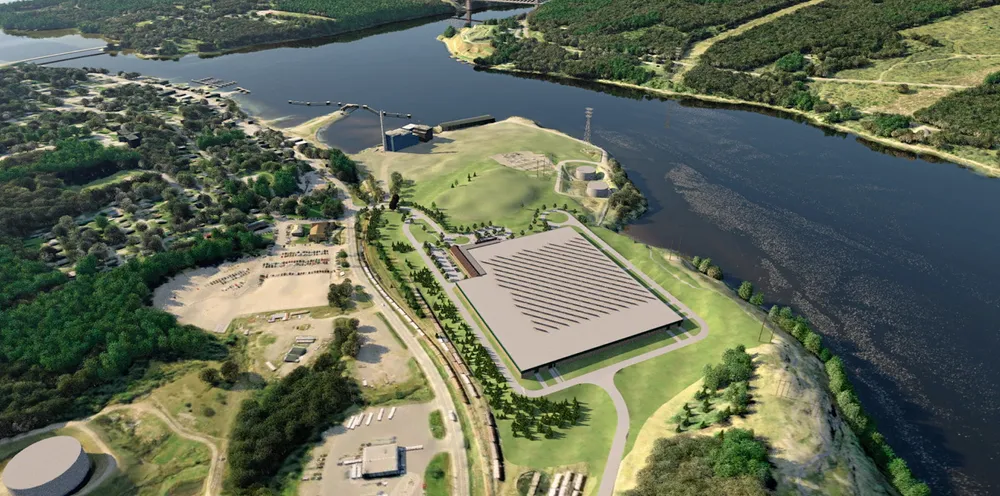Owner of land-based salmon operation settles lawsuit alleging it owed millions linked to sale of engineering firm
While the former consultants for the owner claim they were owed millions for the sale of a design and engineering group, lawyers blamed the defendants for project challenges.
